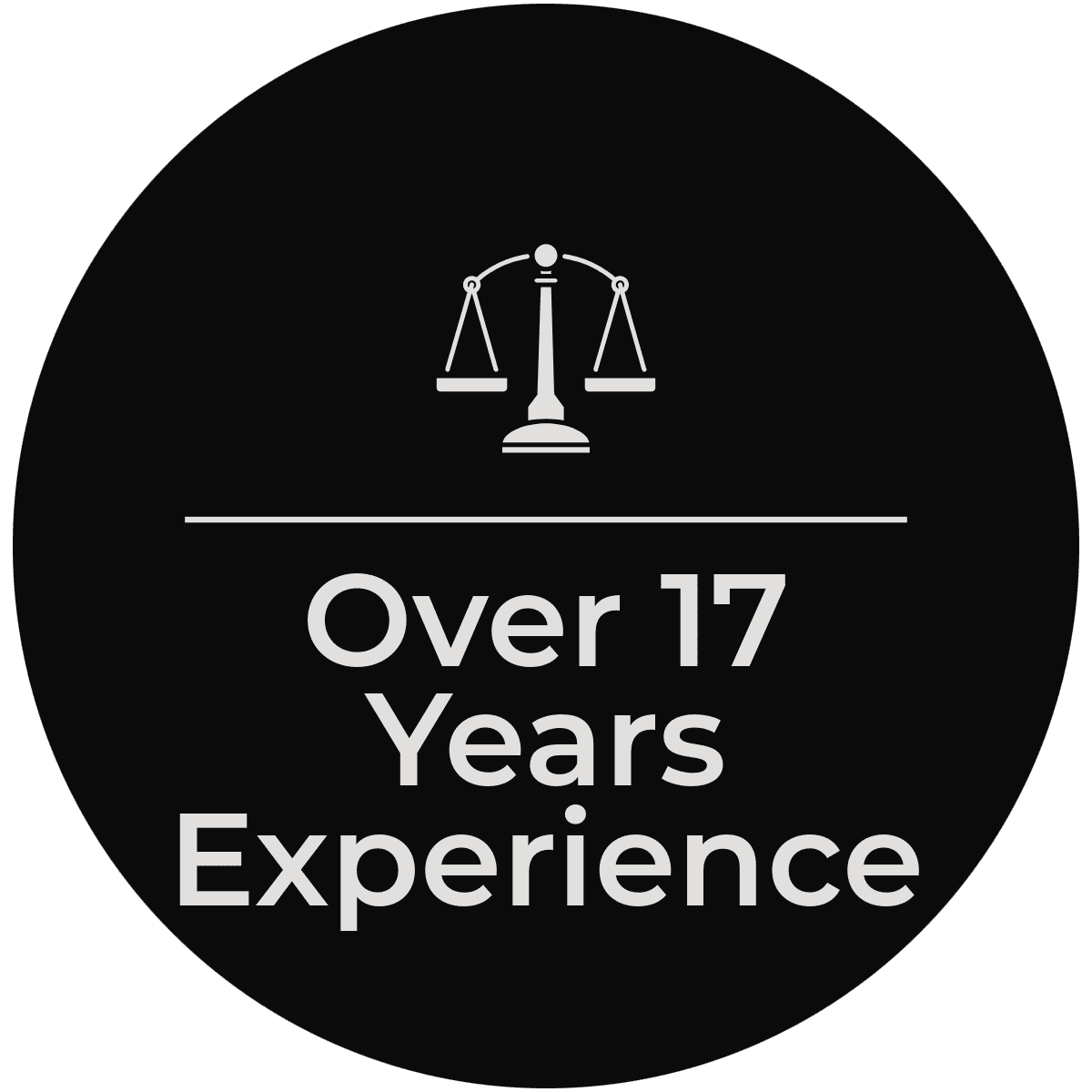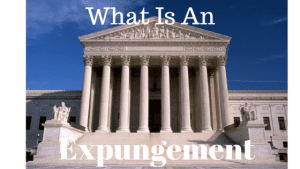Until recently, one’s criminal past wasn’t likely to be discovered by anyone but law enforcement. With records being on paper for so many years, potential employers would rarely take the time to search through the documents. With the age of technology, however, criminal records are now entered into national databases that can be searched by anyone, allowing employers and other organizations to quickly conduct background checks, finding out parts of your past you may wish to forget and preventing you from receiving good job opportunities.
With a good San Diego expungement attorney like Bradley R. Corbett, having your record expunged in California is a worthwhile process. With such a tough economy, being able to say you have a clean criminal record makes all the difference. Having your record expunged essentially gives you a clean slate after going through a difficult past. An employer cannot discriminate or ask questions regarding your record. It can also help you obtain certain state licenses and help avoid immigration consequences like deportation.
Expungement
Expungement of Criminal Records in California Penal Code 1203.4
An expungement is a procedure in which someone appeals to the court to
1) Withdraw the person’s guilty plea and
2) Have the case dismissed all together. Once a person’s felony or misdemeanor charged has been expunged, the person is free from all penalties coming from that charge. There are two elements to be met in order to satisfy California Penal Code 1203.4.
They are
1) The person completed their probation and
2) The person is not charged with a criminal offense, or serving jail time for their crime.
Person completed their probation
In order for a person to have completed their probation they must have 1) Completed all the terms of the probation 2) Attended all court orders and 3) The person did not commit any new offenses during their probation period. A person who has violated their probation still has a chance of getting their criminal history expunged. The court holds a hearing to determine whether the person is still in good standing to receive the expungement.
Benefits of an Expungment
There are five common and valuable benefits when a person receives an expungment from their criminal record. They are 1) Getting a job 2) State licenses (Such as Real Estate License) 3) Professional organizations 4) Personal satisfaction and 5) Immigration consequences (An immigrant can avoid being deported for a first time controlled substance possession).
California DUI Expungement
The most common benefit for a person expunging a DUI is for a job. After the DUI expungement has taken place an employer may no longer be able to use it against the person. Also, the person has no duty to disclose to his or employer they have gotten a DUI charge. A person is able to expunge a California DUI as long as two elements are met. The elements are 1) The person was placed on probation and 2) The person has completed their probation.
Early Termination of California DUI Probation
After a plea or a jury decision to a DUI charge, the person is commonly put on probation between three to five years. A person may not drive with any amount of alcohol in their blood stream. Realistically, most judges will command the person to serve the complete period of their probation before granting a DUI expungement.
Early Termination of Probation California Penal Code 1203.3
California Penal Code 1203.3 gives judges freedom to end persons probation early. If the judge grants the person early probation the court usually expunges their criminal history as long as well. Penal Code 1203.3 is considered a wobbler, which means a person’s felony charge would be reduced to a misdemeanor. The criminal defense attorney has the opportunity to show 1) The person is a good candidate for early termination of probation and 2) The motion and ask the prosecutor to support it. A request for probation can be done at any time during the probation period. However, the judge always has discretion whether to grant or deny the early termination of probation.
Granting of Early Probation
Referring to California Penal Code 1203.3, “The court may at any time when the ends of justice will be subserved thereby, and when the good conduct and reform of the person so held on probation shall warrant it, terminate the period of probation, and discharge the person so held.” The person must have satisfied the requirements of their probation for example 1) Paying fines 2) Completion of court-ordered classes 3) Victim restitution 4) Finishing community service 5) Completion of counseling and 6) Other probation requirements required by the court. Furthermore, the person has not been arrested for any crimes during their probation period.
What An Expungement Will Not Do
In California an expungement does not remove a criminal conviction. An Expungement merely shows a guilty plea has been removed and a “not guilty” plea has been entered in its place. A person doing a background check may still be able to see the conviction, however the person will also see it has been successfully expunged. There are forms of relief that could be taken to remove a person’s status as a registered sex offender.
California Governors Pardon
In California Governors Pardon is the best relief from penalties dealing with a criminal conviction. A governor’s pardon is only for candidates who have showed excellent behavior after a criminal conviction. A pardon does not remove a person’s criminal history. However, it provides a strong message to the general public that the person has been living a lawful life following the conviction. There are benefits to a California Pardon as well. Any person is eligible for a California Governor’s Pardon if they have been convicted in California.
Benefits to California Pardon
The benefits for a person receiving a pardon are 1) The right to own or possess a firearm (Unless the person was charged with possession of a firearm) 2) No longer a registered sex offender California Penal Code 3) Able to serve on a jury trial 4) The right to be hired as a probation officer 5) The right to apply for state license and 6) Protection against attorneys using the persons conviction as a method to impeach the witnesses credibility.
Reduce a Felony to a Misdemeanor California Penal Code 17 (b)
A person being convicted of a felony may find it hard to get a job. There is a chance for a person to reduce their felony charge to misdemeanor charge. There are two elements to meet to satisfy California Penal Code 17 (b). They are 1) The underlying offense must be a wobbler and 2) The persons probation must have been granted. A criminal defense attorney can appeal to the court to reduce a person’s felony conviction at the end of the probation period. The judge considers factors on whether to grant to reduce the felony to a misdemeanor.
Wobbler
In California a wobbler is defined as a crime that can be charged as either a felony or a misdemeanor. There are many penal codes that are considered to be wobblers. The most common ones are 1) Penal Code 459 burglary 2) Penal Code 245 (a) (1) assault with a deadly weapon 3) Penal Code 422 criminal threat 4) Penal Code 273.5 spousal battery 5) Penal Code 243.4 sexual battery.
Reduction Of Conviction
The judge considers five factors in decide ding whether to grant the reduction. They are 1) The nature of the offense 2) The facts surrounding the situation 3) The persons compliance with their probation requirements 4) The persons criminal history an 5) The persons personal history.
Sealing Juvenile Records Welfare and Institution Code 781
Juvenile records are not sealed once a person turns 18. The records remain always accessible until the record is sealed and destroyed. A juvenile record contains any type of crime a person has committed as a minor. They include 1) Arrest reports 2) Judge findings 3) Exhibits and 4) Probation reports. However, a person must be eligible to seal their California Juvenile Record.
Eligible To Seal Their California Juvenile Record
A person must satisfy four elements to be eligible to seal their California Juvenile record. They are 1) The person must be 18 years or older 2) The person has not been convicted of either a misdemeanor or a felony as an adult that involved a crime of dishonesty 3) The court believes the person has been rehabilitated and 4) There is no civil case that is awaiting on the juvenile’s record.
Destroying Arrest Records California Penal Code 851.8
People who are wrongfully arrested can get their arrest records sealed and destroyed. If a person is to succeed, he or she will have all records of the arrest sealed and destroyed. There are three possible ways for a person to be eligible to have their arrest records destroyed pursuant to California Penal Code 851.8. They are 1) The person was arrested, but the prosecution never filed the charges 2) The persons case has been dismissed or 3) The person was acquitted following a jury trial. Once this has been established, it takes about three months for the persons record to be destroyed.
Certificate of Rehabilitation Penal Code Sections 4852.01 – 4852.21
A certificate of rehabilitation is a record clearing procedure but does not necessarily delete the person’s entire criminal history. A person receiving a certificate of rehabilitation declares the person as a lawful person. There are six ways a person may be eligible to receive the certificate of rehabilitation in California. They are 1) The person was convicted of felony and sent to California state prison 2) The person has been released from custody. 3) The person has showed proof that he or she was a California resident for a minimum of five years 4) The person shows adequate behavior which begins from the day released from custody 5) The person was charged with a felony which the person received probation or a misdemeanor sex offense and had the charge expunged 6) The person has been released from probation 7) The person is not on probation for another felony.
Adequate Period of Rehabilitation
In order to receive the certificate of rehabilitation there must be adequate period of rehabilitation. The person must show good behavior by being free from any criminal activity. The person must be a California resident for at least five years before filing an application. However, the period can be extended by 1) Four years if the person was convicted of murder, kidnapping, wrecking, assault, acts involving explosives, and other crimes that carry lifetime in jail 2) Five years if the person was convicted of California sex offense that requires the person to register as a sex offender
So what makes you eligible to get your record expunged? If you were convicted of either a misdemeanor or felony offense and you completed the terms of your conviction, you are eligible to get your record expunged. Even if you didn’t complete the terms of your conviction, such as violating probation at one point, hope is not lost. A court will analyze each individual case to determine if you are eligible for expungement and, with a good attorney, will take into account the situation in which you violated your parole. Bradley R. Corbett knows the importance of getting your record expunged. Our team of San Diego expungement attorneys will dedicate our efforts to helping you get the results you need. Call today for a free case consultation.


